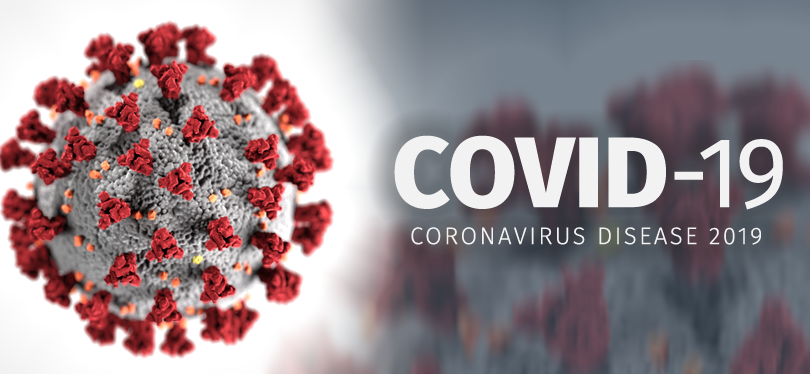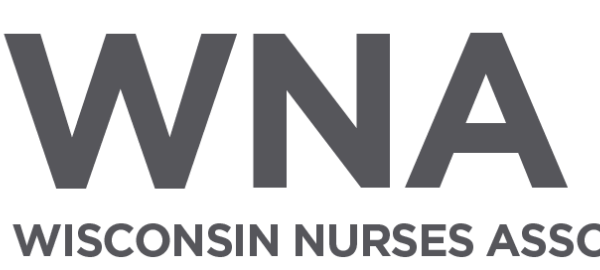WNA continues to advocate for the nurses of Wisconsin. Here is a summary of activities that have taken place over the last few days.
- The Wisconsin Board of Nursing is working on development emergency rules that will increase the number of nurses via
- Issuing of a temporary licensure (Graduate Nurse),
- Expedited relicensing for nurses that no longer have a Wisconsin RN license
- Increase use virtual simulation for nursing student clinical education
- Removal of scope of practice barriers that allow for full practice authority for APNs.
- Click here to see the letter WNA forward to Secretary Crim requesting Board of Nursing authority to waive these requirements
- WNA requested Governor Evers to grant authority to the Wisconsin Board of Nursing to waive sections of the Nursing Administrative Code to allow for increase supply of nurses. These sections are addressed in the Board of Nursing Emergency Rule proposal.
- WNA is working with a State Senator to develop legislation that will increase supply of nurses through
- Relicensure of nurses who are not currently working as RNs including retired.
- Allow for full practice authority for Advanced Practice Nurse
- Remove barriers to Increase the use of telehealth services
- WNA joined a coalition of health care organizations requesting the Governor to issue a “Safer at Home” Executive Order which he did this week. See the letter here and the Executive Order here.
- WNA Executive Director, Gina Dennik-Champion, was appointed to the Governor sanctioned Wisconsin State Disaster Medical Advisory Committee (SDMAC). The purpose of SDMAC is to help develop policies, priorities, and clinical guidance associated with the allocation of scare resources. WNA is the only nursing related group on the committee. Committee members have supported the development of :
- DHS Health Alert #2 – COVID-19 Updates for Wisconsin Health Care Partners
- Topics include:
- Active Symptom Monitoring for Employees in Health Care Settings where Community Transmission of COVID-19 is Occurring
- Health care workers must stay home when they are sick.
- Health system evaluation of health care workers for symptoms of respiratory illness before every shift involving direct patient care
- Return to work if COVID-19 testing is not available.
- Expanded use of personal protective equipment to prevent asymptomatic transmission
To provide comment on these items or other nursing issues go to WNA’s Member Engagement Platform Wisconsin Nurses CONNECT


